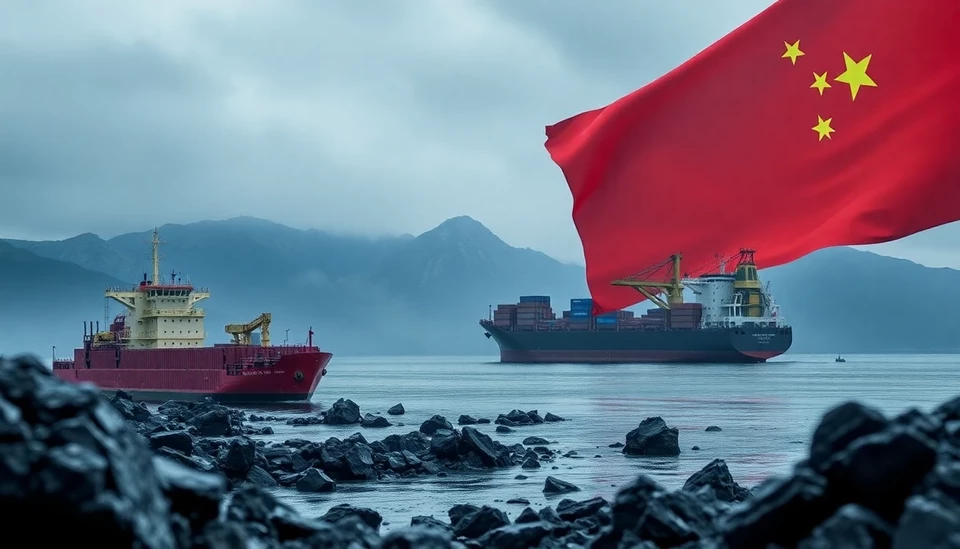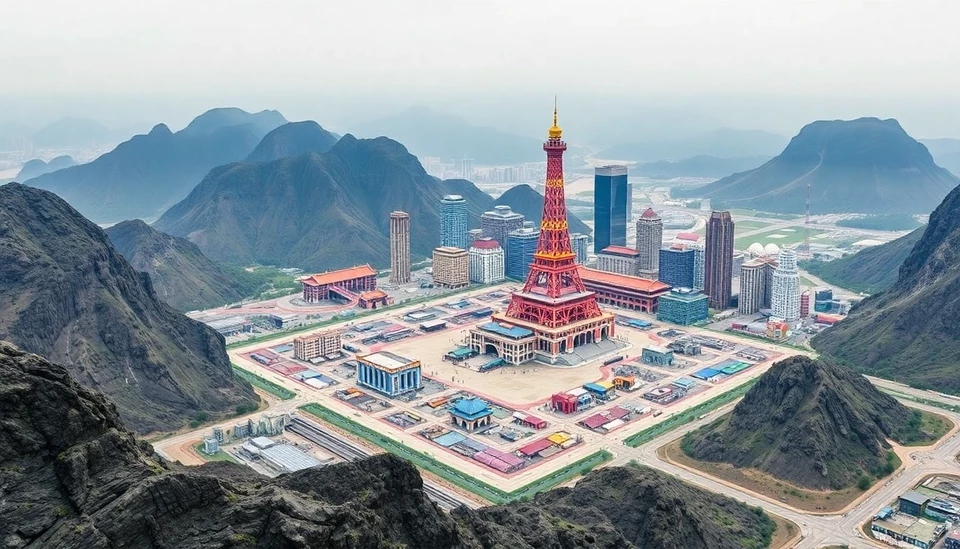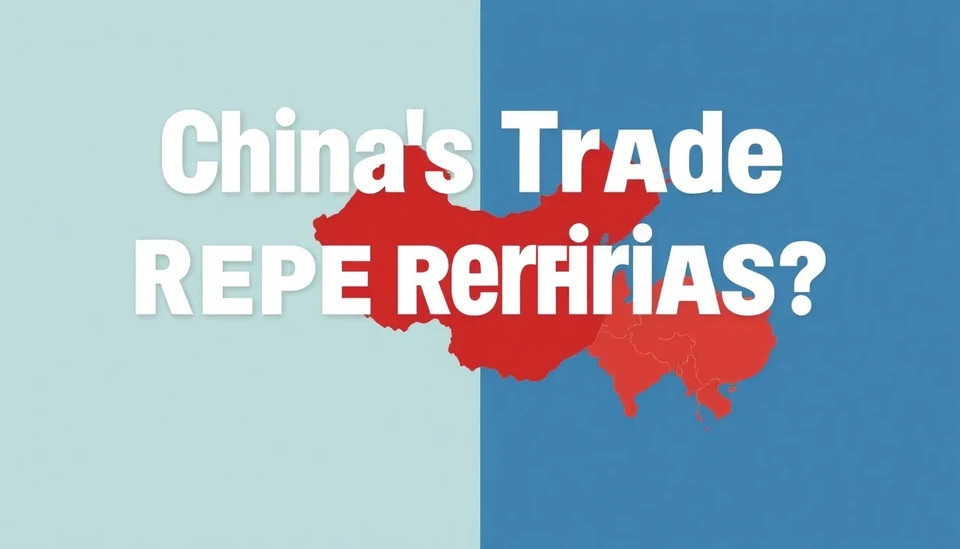
The ongoing trade tensions between China and the United States have led to significant delays in the shipment of rare earth elements, crucial commodities that are instrumental in various advanced technologies, including electronics, renewable energy systems, and military equipment. As these rare earth shipments face unprecedented holdups, analysts are increasingly concerned about the broader implications for global supply chains.
Rare earth elements, comprising 17 different minerals, are primarily sourced from China, which accounts for over 60% of global production. The recent rise in trade barriers has compelled China to reassess its export strategies, leading to a backlog in orders from international customers. This situation has been exacerbated by heightened scrutiny at customs checks, where cargo manifest issues and regulatory compliance delays are becoming more common.
In light of the escalating trade war, Chinese authorities have begun implementing stricter controls on rare earth exports. This has raised alarm bells among foreign manufacturers, who rely heavily on these materials for their production processes. The uncertainty surrounding future shipments has forced many companies to explore alternative sources, but significant challenges remain due to the complex extraction and processing requirements of rare earth elements.
As the conflict continues to evolve, both nations are engaged in strategic moves to secure their respective interests in this critical sector. Reports indicate that the U.S. government is exploring avenues to bolster domestic production with investments in local mining companies and technological innovations. However, it will take considerable time and resources to achieve self-sufficiency in rare earth supplies, and in the interim, companies face the risk of production slowdowns and increased costs resulting from limited access to these essential materials.
Moreover, analysts suggest that Western nations may have to consider forming alliances with other mineral-rich countries to diversify their supply chains. This strategic pivot could help mitigate risks associated with over-reliance on China, thereby promoting stability and resilience within the global market for rare earth elements.
In summary, the disruptions in Chinese rare earth shipments spotlight the growing fragility of international supply chains amid geopolitical tensions. As stakeholders navigate this complex landscape, the ability to adapt and respond to these challenges will be crucial in maintaining technological leadership and economic competitiveness.
Given the critical role that rare earth elements play in modern technology, the ramifications of these trade negotiations will likely resonate far beyond the immediate impacts, potentially altering market dynamics for years to come.
Stay tuned for further updates as this story continues to develop in the coming weeks.
#RareEarths #ChinaTradeWar #ExportDelays #SupplyChainCrisis #GlobalEconomy #TechIndustry #Manufacturing #Geopolitics
Author: Victoria Adams



